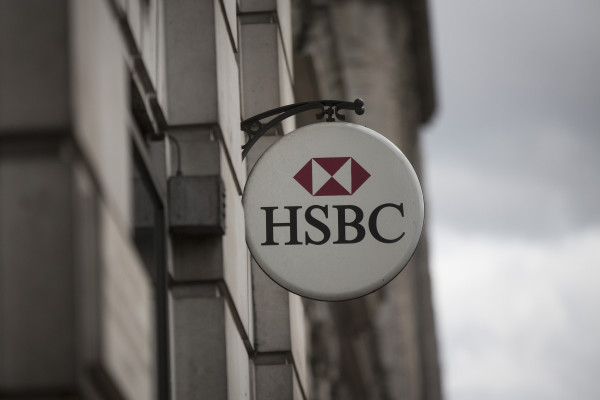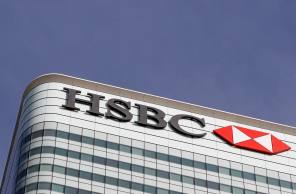

HSBC shareholders have been asked to vote on abolishing pensions "clawback" for a group of the bank's employees.
According to the Midland Clawback Campaign Shareholder group, ‘clawback’ has significantly reduced the pension income of more than 50,000 employees who joined the Midland Bank, and then HSBC, between 1975 and 1996.
Clawback was introduced in the 1940s and allows workers to pay lower contributions into their occupational pension plans.
It also allows employers to deduct some - or all - of the basic state pension amount from their pension payments.
The state deduction feature became part of the rules governing the pensions of HSBC Midland employees in 1975 and is applied to benefits accrued before July 2009.
HSBC’s board has recommended that shareholders vote against this request at the bank’s annual general meeting on April 12 in Birmingham.
Abolishing such policy could cost the bank £450m, the executives warned.
But in a statement to shareholders the campaign group argued the pensions clawback was disproportionate, favouring the highest paid and penalising the lowest paid; and creating financial hardship and indirect discrimination.
Campaigners said there was no link to salary or to the pension received in the way the state deduction is calculated.
For example, a senior manager retiring on a £75,000 annual pension, on reaching state pension age might suffer a deduction of £2,500 a year, which is equivalent to 3 per cent of their pension.
However, a back-office clerk/cashier retiring on £10,000 pension, with the same length of pensionable service, suffers the same £2,500 deduction, which corresponds to a 25 per cent reduction.
"This is grossly unfair and morally indefensible," the group stated.
The campaigners also revealed that many former staff were struggling, with one female member receiving a gross pension of £3,507, and a deduction of £1,009, which equated to almost a 30 per cent reduction.
"Now aged 71, she still needs to work to avoid the embarrassment of asking for state benefits," they said.
The group also noted that the majority of lower paid staff were women.
The campaigners said: "Few were expected to desire a career, and this legislation became damaging to their financial welfare.
"Those taking career breaks to have children found that, on returning to work, they were re-employed on new contracts, meaning their pensions were now subject to clawback."
Independent Labour MP Frank Field, chairman of the Work and Pensions select committee, has previously alerted to this situation.
But the HSBC board claims the policy "isn’t unfair, disproportionate or discriminatory".
The executives argued the state deduction feature of the scheme had been clearly and consistently communicated, and was being applied according to the pension fund rules.
The board also stated that HSBC’s external legal advisers had confirmed that the design and application of the policy "is legal and is not unlawfully discriminatory".
Another argument against making any changes is that it would raise complex issues as it would favour the Midlands scheme members and result in the inconsistent treatment of others.
The bank’s executives also noted the government doesn’t support calls to end the clawback policy.
In November 2017, Guy Opperman, minister for pensions and financial inclusion, said in a written answer to Parliament that it wouldn’t "be right to compel schemes to withdraw this integration arrangement".
He said: "That would amount to a retrospective change imposing significant additional unplanned costs. Pension scheme rules on the calculation of benefits are many and varied, and must remain a matter for employers and scheme trustees to decide."
maria.espadinha@ft.com



